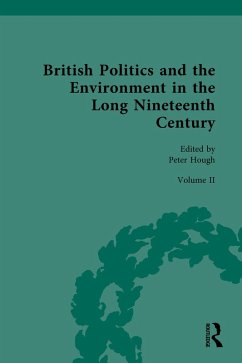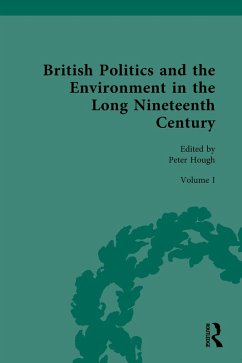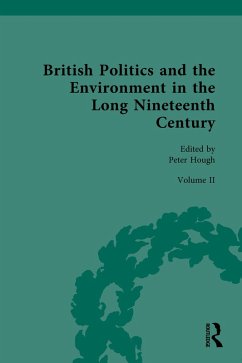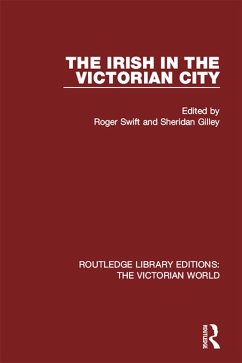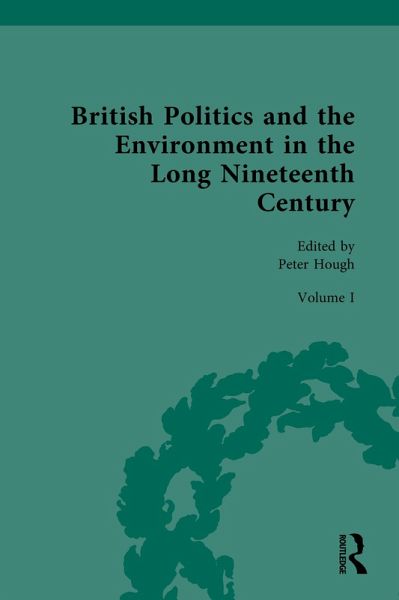
British Politics and the Environment in the Long Nineteenth Century (eBook, ePUB)
Volume I - Discovering Nature and Romanticizing Nature
Redaktion: Hough, Peter
Versandkostenfrei!
Sofort per Download lieferbar
52,95 €
inkl. MwSt.
Weitere Ausgaben:

PAYBACK Punkte
26 °P sammeln!
This volume of archival source material chronicles British environmental politics between 1789 and 1914. This text examines scientific discoveries during this period and the result of these findings on the political environment, bringing the public's attention to public health issues such as acid rain and river pollution. Accompanied by extensive editorial commentary, this collection will be of great interest to students of environmental and political history.
Dieser Download kann aus rechtlichen Gründen nur mit Rechnungsadresse in A, B, BG, CY, CZ, D, DK, EW, E, FIN, F, GR, HR, H, IRL, I, LT, L, LR, M, NL, PL, P, R, S, SLO, SK ausgeliefert werden.




